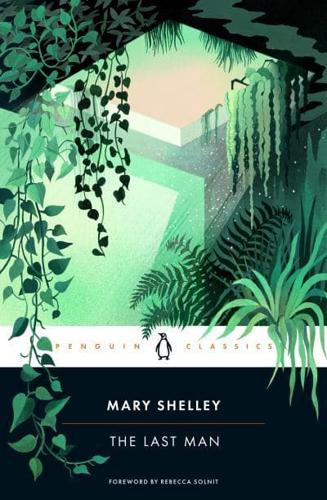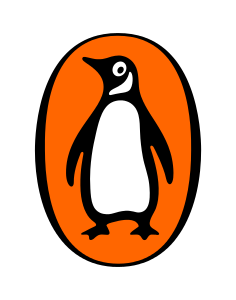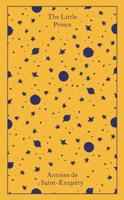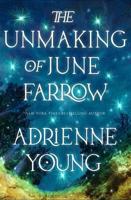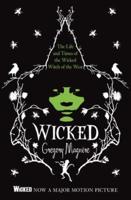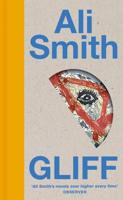Publisher's Synopsis
Mary Shelley's landmark novel that invented the human extinction genre and initiated climate fiction, now in Penguin Classics for the first time
Written while Mary Shelley was in a self-imposed lockdown after the loss of her husband and children, and in the wake of intersecting crises including the climate-changing Mount Tambora eruption and a raging cholera outbreak, The Last Man (1826) is an early work of climate fiction and a prophetic depiction of environmental change.
Set in the late twenty-first century, a deadly pandemic leaves a lone survivor, and follows his journey through a post-apocalyptic world, devoid of humanity and reclaimed by nature. Rather than
give in to despair, Shelley imagines a new world where freshly-formed communities and alternative ways of being stand in for self-important politicians serving corrupt institutions, and where nature reigns mightily over humanity.
Brimming with political intrigue, The Last Man broaches partisan dysfunction, imperial warfare, refugee crises, and economic collapse-and brings the legacy of her radically progressive parents, William Godwin and Mary Wollstonecraft, to bear on present-day questions about making a better world less centred around "man."
